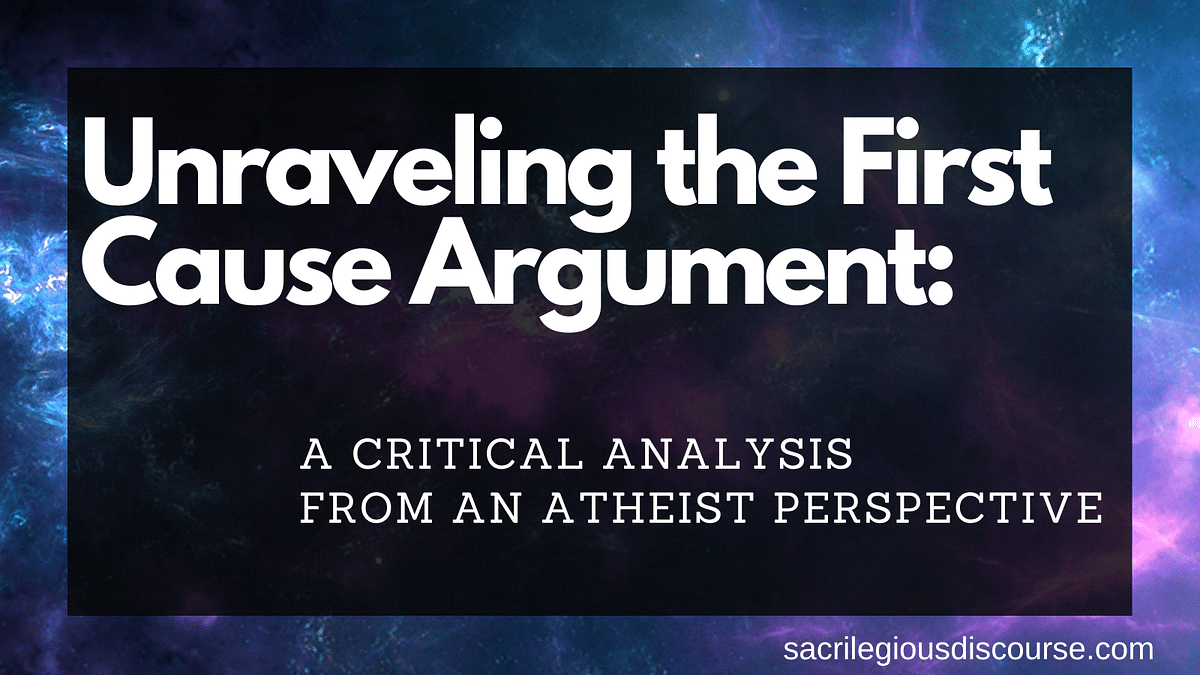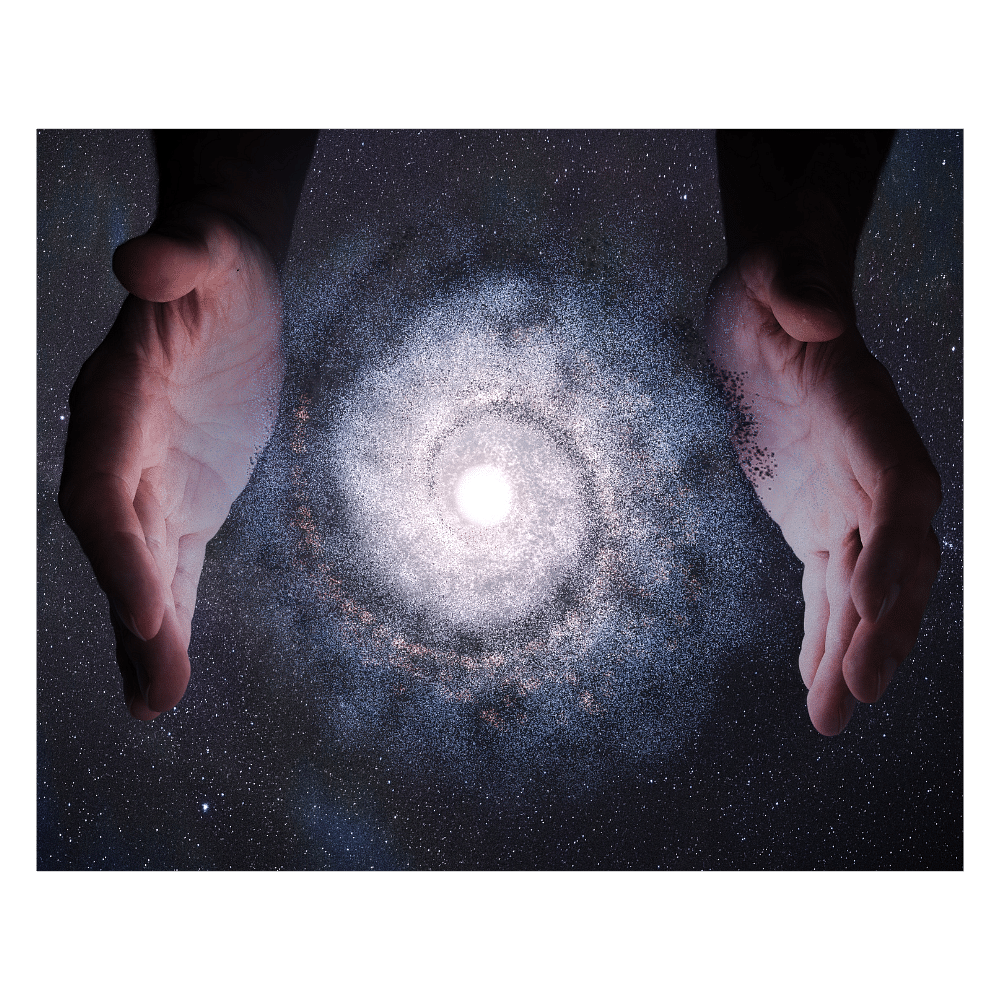
For centuries, the first cause argument has been a cornerstone of theistic belief, asserting that the universe must have a cause, and that cause is God. However, from an atheist standpoint, this argument is riddled with logical flaws and inconsistencies that render it untenable.
 The first cause argument, in its most basic form, posits that everything that exists has a cause. Since the universe exists, it must have a cause, and that cause is God. However, this argument fails to provide any evidence or explanation for why God, himself, would not require a cause. If everything that exists has a cause, then surely God, the first cause, must also have a cause. This argument, known as the infinite regress, traps theists in an inescapable loop, unable to provide a satisfactory explanation for the existence of God without resorting to circular reasoning.
The first cause argument, in its most basic form, posits that everything that exists has a cause. Since the universe exists, it must have a cause, and that cause is God. However, this argument fails to provide any evidence or explanation for why God, himself, would not require a cause. If everything that exists has a cause, then surely God, the first cause, must also have a cause. This argument, known as the infinite regress, traps theists in an inescapable loop, unable to provide a satisfactory explanation for the existence of God without resorting to circular reasoning.
Moreover, the first cause argument fails to distinguish between a cause and a necessary condition. A cause is an event or action that brings about an effect, while a necessary condition is an event or circumstance that must exist for something else to occur. To illustrate, oxygen is a necessary condition for combustion, but it is not the cause of combustion. Similarly, the laws of physics may be a necessary condition for the universe to exist, but they are not the cause of the universe.
Furthermore, the first cause argument assumes that the universe had a beginning, a notion that is not universally accepted among scientists. Modern cosmology suggests that the universe may have always existed in some form, undergoing a series of expansions and contractions. If this is the case, then the first cause argument becomes irrelevant, as the universe would not have required a cause to come into existence.
In conclusion, the first cause argument, when examined critically from an atheist perspective, fails to provide a compelling or convincing explanation for the existence of God. Its logical flaws, its failure to distinguish between a cause and a necessary condition, and its incompatibility with modern cosmological theories render it untenable as a foundation for theistic belief.
![]()
Daniel Chapter 3: Bible Study by Atheists

























